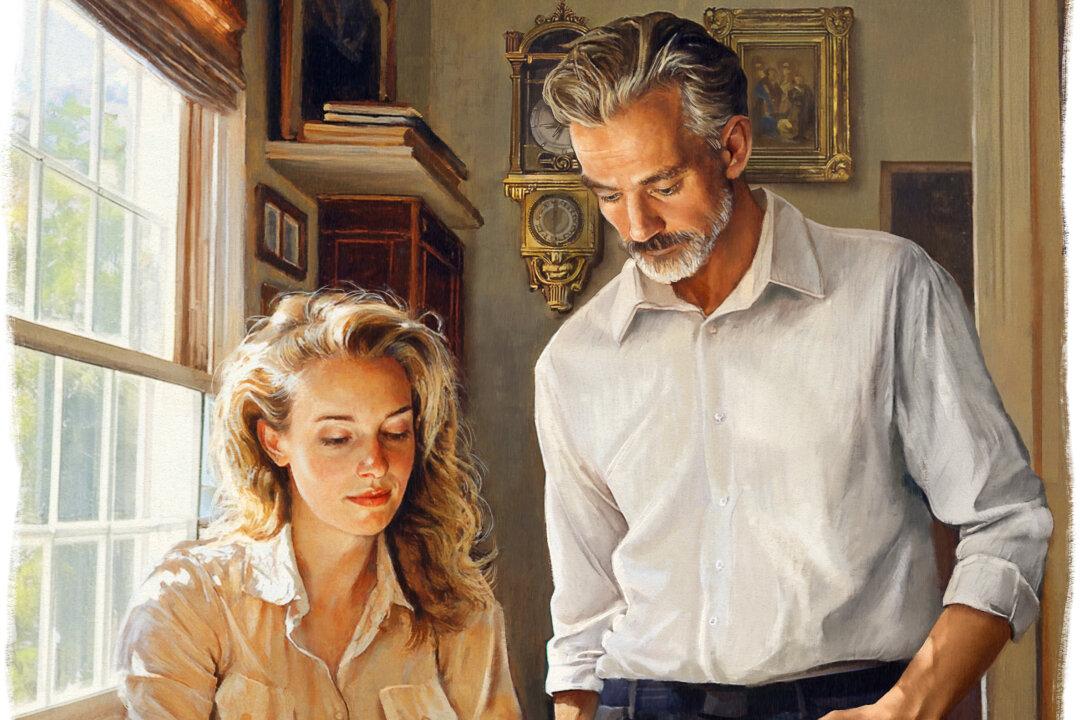History surrounds us. The people, events, and trends that have shaped our communities—and us—often lie in plain sight if we have the eyes to see and the willingness to dig a little deeper. Knowledge of our community’s past provides clues to its present and keys to its future.
In an interview with The Epoch Times, Jennifer Weaver, museum educator for the Winona County Historical Society in Minnesota, explained local history’s value: “Local history is what makes up larger historical narratives. The stories we learn about in an exhibit in a museum or hear at a community talk can teach us new ideas ... or show us how some community or societal issues have changed.” Historical knowledge of local trends also helps us deal with issues that persist today.






